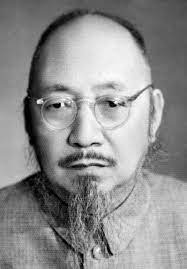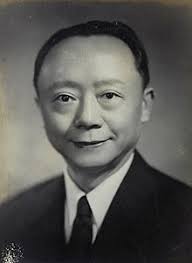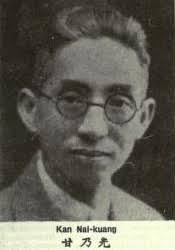Soong, T. V. Orig. Sung Tzu-wen 宋子文 T. V. Soong (4 December 1894-), Harvard-trained financier who was the prime mover in the establishment of a modern financial system in China. He served the National Government in such capacities as minister of finance, vice president and president of the Executive Yuan, governor of the Central Bank […]











